Xiaofan Que
Uncertainty-Aware Multiple Instance Learning from Large-Scale Long Time Series Data
Nov 21, 2021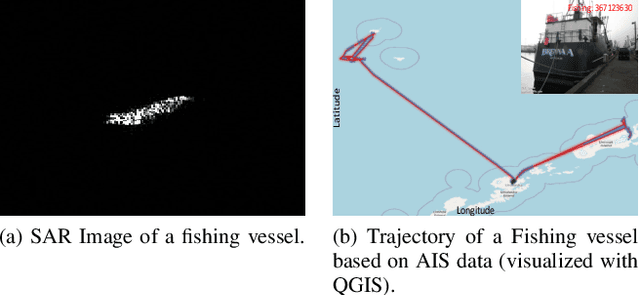
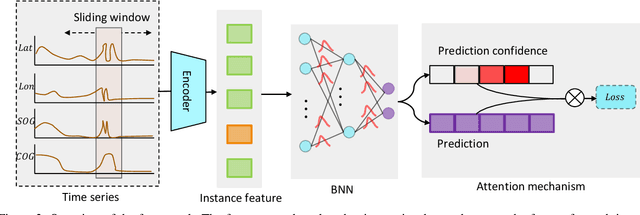
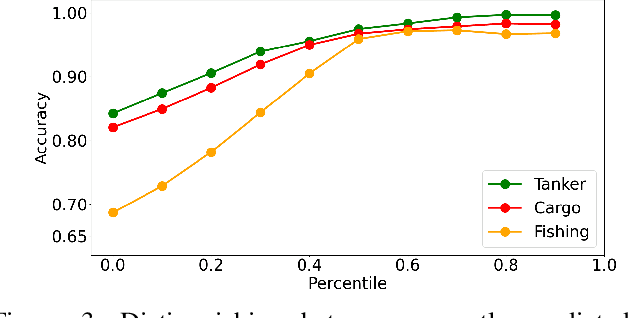
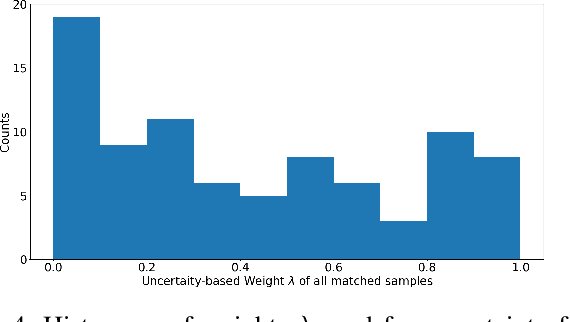
Abstract:We propose a novel framework to classify large-scale time series data with long duration. Long time seriesclassification (L-TSC) is a challenging problem because the dataoften contains a large amount of irrelevant information to theclassification target. The irrelevant period degrades the classifica-tion performance while the relevance is unknown to the system.This paper proposes an uncertainty-aware multiple instancelearning (MIL) framework to identify the most relevant periodautomatically. The predictive uncertainty enables designing anattention mechanism that forces the MIL model to learn from thepossibly discriminant period. Moreover, the predicted uncertaintyyields a principled estimator to identify whether a prediction istrustworthy or not. We further incorporate another modality toaccommodate unreliable predictions by training a separate modelbased on its availability and conduct uncertainty aware fusion toproduce the final prediction. Systematic evaluation is conductedon the Automatic Identification System (AIS) data, which is col-lected to identify and track real-world vessels. Empirical resultsdemonstrate that the proposed method can effectively detect thetypes of vessels based on the trajectory and the uncertainty-awarefusion with other available data modality (Synthetic-ApertureRadar or SAR imagery is used in our experiments) can furtherimprove the detection accuracy.
Self-Paced Multi-Task Clustering
Aug 24, 2018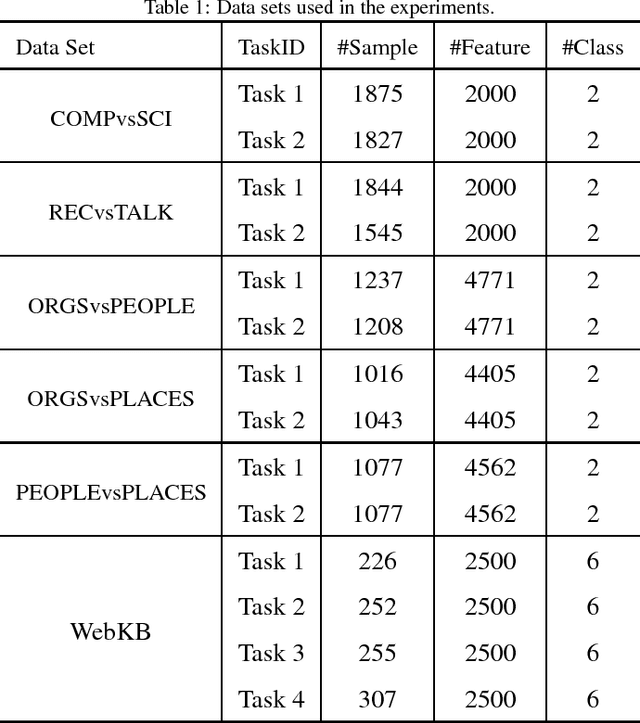
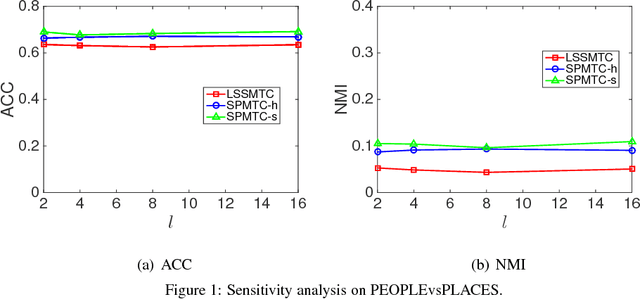
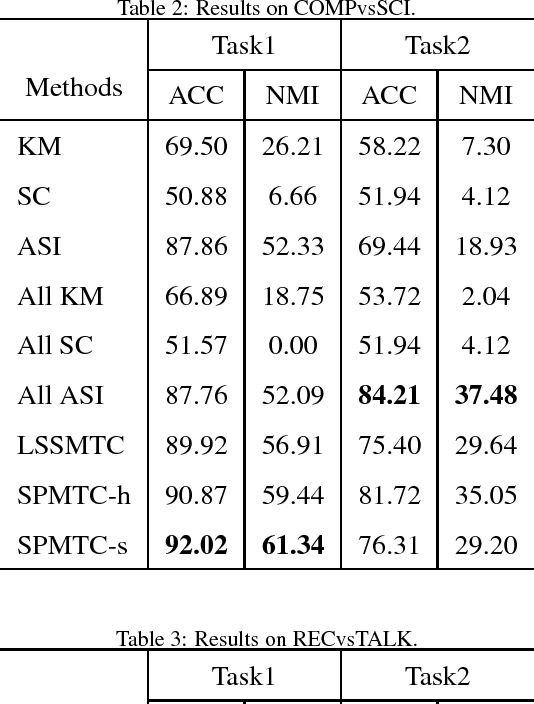
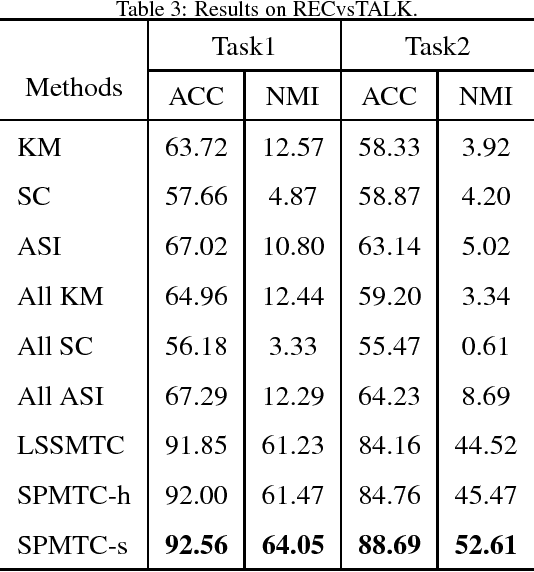
Abstract:Multi-task clustering (MTC) has attracted a lot of research attentions in machine learning due to its ability in utilizing the relationship among different tasks. Despite the success of traditional MTC models, they are either easy to stuck into local optima, or sensitive to outliers and noisy data. To alleviate these problems, we propose a novel self-paced multi-task clustering (SPMTC) paradigm. In detail, SPMTC progressively selects data examples to train a series of MTC models with increasing complexity, thus highly decreases the risk of trapping into poor local optima. Furthermore, to reduce the negative influence of outliers and noisy data, we design a soft version of SPMTC to further improve the clustering performance. The corresponding SPMTC framework can be easily solved by an alternating optimization method. The proposed model is guaranteed to converge and experiments on real data sets have demonstrated its promising results compared with state-of-the-art multi-task clustering methods.
 Add to Chrome
Add to Chrome Add to Firefox
Add to Firefox Add to Edge
Add to Edge